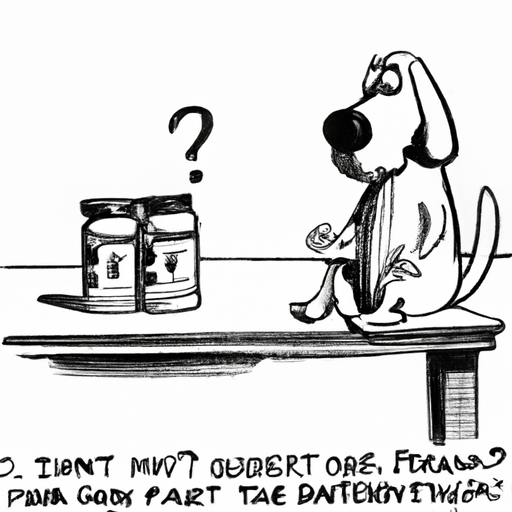1. Introduction
You are a thoughtful and caring pet owner, always on the lookout for the best for your furry friend. You’ve probably even shared a spoonful or two of peanut butter with your dog and seen the joy on their face. But, have you ever wondered why dogs can eat peanut butter but not peanuts? Let’s dive into the details.
2. The Science Behind It
The answer lies in the way peanuts and peanut butter are processed differently.
- Peanuts: They are dense and hard, posing a choking hazard for your pet. Moreover, their high fat content can lead to pancreatitis – a potentially life-threatening condition in dogs.
- Peanut Butter: It’s processed to a smooth consistency, making it easier for dogs to consume. The fat content is also lower than that of whole peanuts.
| Peanuts | Peanut Butter | |
|---|---|---|
| Risk | Choking | Low |
| Fat | High | Lower |
3. What You Need to Know About Peanut Butter
While peanut butter is safer for dogs to consume than peanuts, not all types are equal. Some brands contain an artificial sweetener called Xylitol, which is extremely toxic to dogs. When choosing peanut butter for your pup, make sure it’s free from Xylitol and low in sodium.
4. Alternatives to Peanuts
If you’re looking for other safe and healthy treats to give your dog, consider these options:
- Carrots
- Apples (without seeds)
- Cooked chicken
- Pumpkin
Each of these treats brings their own unique set of nutrients, offering variety and health benefits to your dog’s diet.
5. FAQs
Here are some commonly asked questions about dogs and peanuts.
Q: Can dogs eat any type of nuts?
A: Most nuts, like almonds and walnuts, can pose health risks to dogs due to their high fat content and size.
Q: What should I do if my dog accidentally eats peanuts?
A: Monitor your dog closely for any signs of discomfort. If they show symptoms like vomiting or lethargy, contact your vet immediately.
Q: Is peanut butter good for dogs?
A: Yes, but in moderation. Also, ensure it’s free from harmful additives like Xylitol.
In conclusion, your role as a caregiver to your four-legged friend is critically important. While it’s okay to share some human foods with them, always do so responsibly and in moderation. Remember, their health and safety are in your hands.



